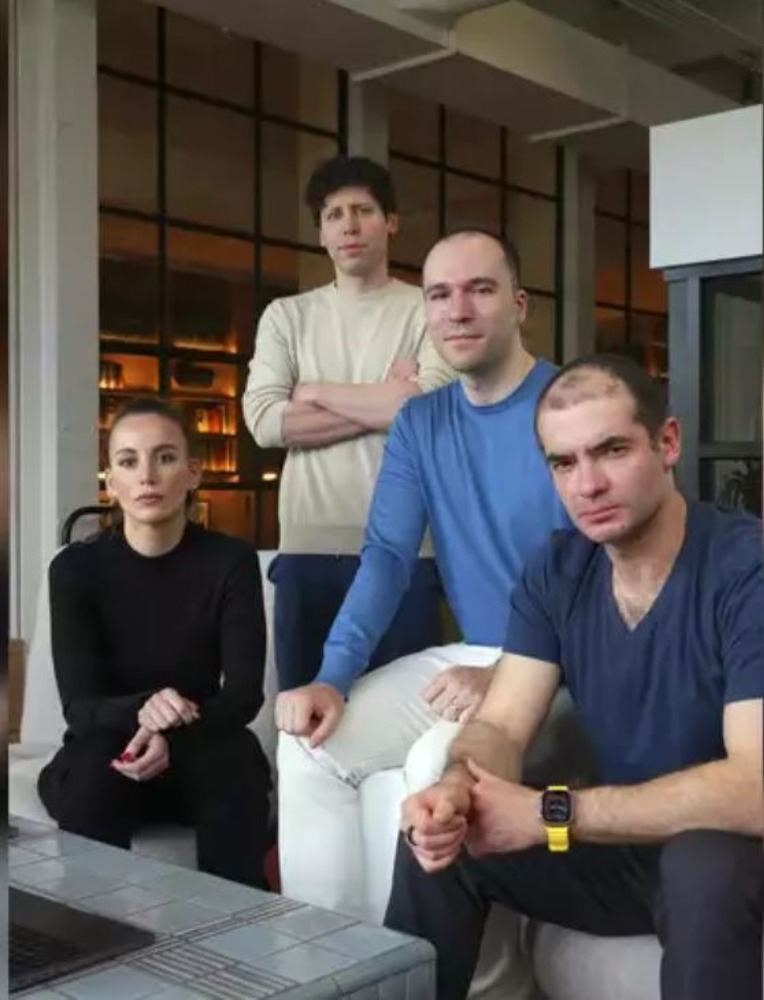Devanjana Mukherjee, Khabri Media
The decision to part ways with Altman has raised eyebrows within the tech community, sparking speculation and concerns about the future direction of OpenAI.

Pic: Social Media
Some investors in OpenAI, makers of ChatGPT, are exploring legal recourse against the company’s board, sources familiar with the matter told Reuters on Monday, after the directors ousted CEO Sam Altman and sparked a potential mass exodus of employees. To subscribe please click tau.id/2iy6f and access our live channel.
Investors worry that they could lose hundreds of millions of dollars they invested in OpenAI, a crown jewel in some of their portfolios, with the potential collapse of the hottest startup in the rapidly growing generative AI sector.
DON’T MISS: OpenAI Core Team joins Microsoft
OpenAI’s board fired Altman on Friday after a “breakdown of communications,” according to an internal memo seen by Reuters. However, Sources said investors are working with legal advisers to study their options. It was not immediately clear if these investors will sue the organisation.
Venture capital investors usually hold board seats or voting power in their portfolio companies but OpenAI is controlled by its nonprofit parent company OpenAI Nonprofit, which according to the website was created to benefit “humanity, not the investors.”
As a result, employees have more leverage in pressuring the board than the venture capitalists who helped fund the company, said Minor Myers, a law professor at the University of Connecticut. “There is nobody exactly who is in the seat of an injured investor,” he said.
By Monday, most of OpenAI’s more than 700 employees threatened to resign unless the company replaced the board. Nonprofit boards have legal obligations to the organizations they oversee. But those obligations, such as the duty to exercise care and avoid self-dealing, leave a lot of leeway for leadership decisions, experts said.
Those obligations can be further narrowed in a corporate structure such as OpenAI, which used a limited liability company as its operating arm, potentially further insulating the nonprofit’s directors from investors. Furthermore, they would have a weak case, even if they found a way to sue.
The uncertainty surrounding Altman’s exit has cast a shadow over OpenAI’s future. The organization, known for pushing the boundaries of AI research, now faces internal and external challenges that may impact its ability to attract top talent and secure future investments.




